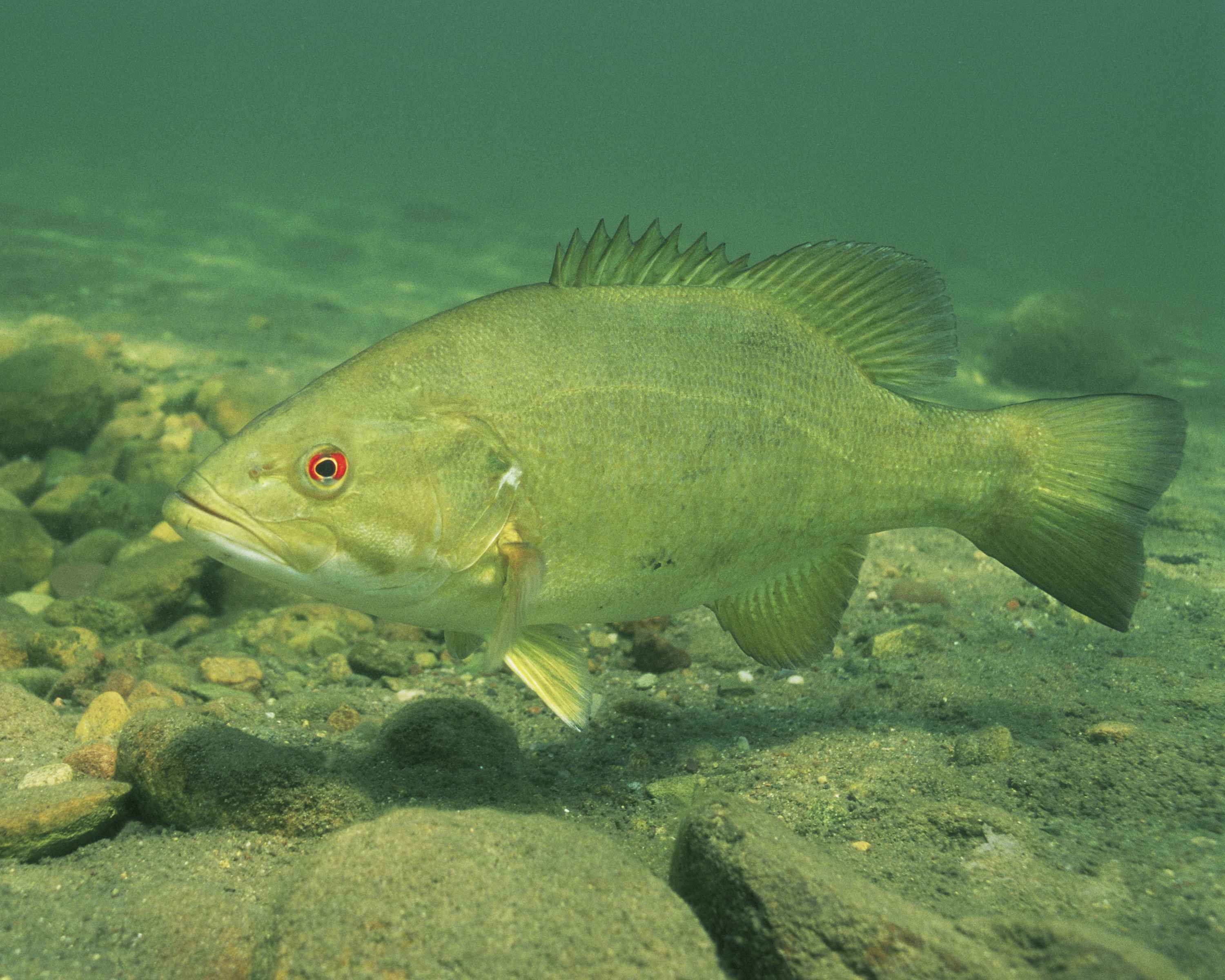
These Fish Started Life as Boys. Now Scientists Aren’t Sure What Sex They Are.
For male smallmouth bass, sex change is increasingly not an option. In the chemical-laced Chesapeake Bay watershed and in rivers up through New England, it comes with the territory.
Based on the latest U.S. Geological Survey on intersex fish, 85 percent of male smallmouth bass in waters in and around national wildlife refuges in the Northeast have developed "characteristics of the opposite sex." That's in addition to 90 percent of the species in some West Virginia waters and 50 percent to 100 percent in the southern stretch of the Potomac River. All of the affected fish had eggs where their testes should be, according to previous studies.
December 30, 2015 | Source: The Washington Post | by Darryl Fears
For male smallmouth bass, sex change is increasingly not an option. In the chemical-laced Chesapeake Bay watershed and in rivers up through New England, it comes with the territory.
Based on the latest U.S. Geological Survey on intersex fish, 85 percent of male smallmouth bass in waters in and around national wildlife refuges in the Northeast have developed “characteristics of the opposite sex.” That’s in addition to 90 percent of the species in some West Virginia waters and 50 percent to 100 percent in the southern stretch of the Potomac River. All of the affected fish had eggs where their testes should be, according to previous studies.
Why this is happening remains a mystery, says the lead author of a new study, despite the problem being detected more than a decade ago. “It is not clear what the specific cause of intersex is in these fish,” said Luke Iwanowicz, a USGS research biologist. “This study was designed to identify locations that may warrant further investigation.”
The strongest suspicion focuses on what is poured down the drains of homes, businesses and farms every day. Scientists are worried that prescription drugs such as birth control and mood-control pharmaceuticals, flushed down toilets, and chemical pesticides such as atrazine, washed off farms by rain, have turned creeks, streams and rivers into chemical soups that disrupt the endocrines of marine life.
These substances throw off functions that regulate hormones and the reproductive system, said USGS biologist Vicki Blazer, a co-author of the latest study and lead author of numerous earlier reports. At one polluted site Blazer examined in the Susquehanna River near Hershey, Pa., two years ago, 100 percent of the male smallmouth bass sampled had eggs.
The surprising thing found in the most recent survey, Iwanowicz said, is that the bass are being sexually transformed in more pristine waters at national wildlife refuges managed by the U.S. Fish and Wildlife Service. The agency’s 560 refuges — 71 in the Northeast — provide a sanctuary for 1,000 fish species, 700 bird species and about 200 species of mammals.
